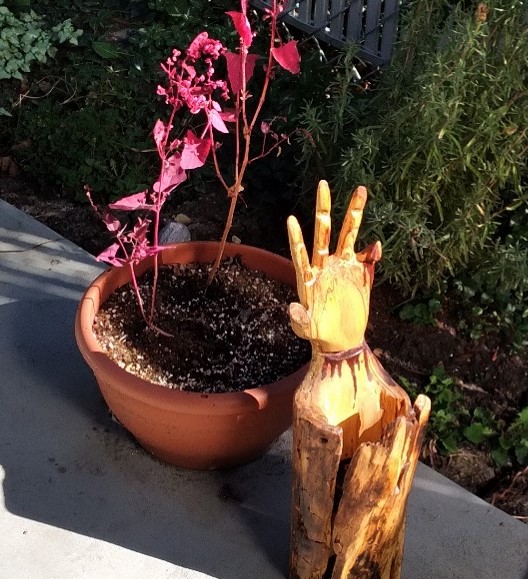Homotexualizing Niezi: From Sinful Sons to Crystal Boys
DOI:
https://doi.org/10.21992/tc29575Abstract
In 1990, Gay Sunshine Press published the English translation of a Taiwanese novel titled Niezi [Sinful Sons]. The novel, written by the modernist author Pai Hsien-yung and translated by Howard Goldblatt as Crystal Boys, became such a sensation among Anglophone American readers that the publisher later put out a paperback edition. Blatantly marketed as the first modern Asian gay novel, the paperback edition features on its cover a half-naked jock in jeans against a dark chartreuse backdrop. Such marketing schticks—highlighting the theme of queer erotics and picking a cover image that looks like a 90s Calvin Klein advertisement—attracted many queer readers who were curious about cultural uniqueness and universal experience of being gay. Yet, little did they know that when the original novel first came out in 1983, it was not even considered by mainstream Taiwanese critics and readers as gay-themed fiction.
In this paper, I investigate the homotextualization and canonization of Niezi, with an emphasis on the shaping force of translation on the reading and reception of Pai’s novel. By synthesizing a select few representative pieces of scholarship on Niezi published in the 1980s, I demonstrate the connection between early critics’ evasive interpretations of queer motifs in Niezi and Taiwan’s conservative sociocultural milieu. Next, I present a historicized, comparative reading of Pai’s original work and its English translation Crystal Boys, with special attention to paratexts, the reconfiguration of untranslatables in the English translation, and the politics of anglicizing non-Euro-American, non-normative sexual landscapes. I argue that translation added to the complex production of meanings, facilitated the interactions between the text, the critic, the reader, and the author, and contributed to the queer iconization of Niezi.
Downloads
Downloads
Published
Issue
Section
License
Authors who publish with this journal agree to the following terms: a.Authors retain copyright and grant the journal right of first publication with the work simultaneously licensed under a Creative Commons Attribution License that allows others to share the work with an acknowledgement of the work's authorship and initial publication in this journal. b.Authors are able to enter into separate, additional contractual arrangements for the non-exclusive distribution of the journal's published version of the work (e.g., post it to an institutional repository or publish it in a book), with an acknowledgement of its initial publication in this journal. c.Authors are permitted and encouraged to post their work online (e.g., in institutional repositories or on their website) prior to and during the submission process, as it can lead to productive exchanges, as well as earlier and greater citation of published work (See The Effect of Open Access).



